|
With the close of my first academic year as a PhD student, I jetted off to East Africa for nearly two months of fieldwork, studies, and networking. The start of any PhD student’s fieldwork can be nerve-wracking, and international fieldwork adds a new element of stress: having exactly one shot… to plan, to pack, and to execute. Honestly, I had no idea what to expect but thankfully was able to return home feeling fulfilled – full of new ideas and collaborators, and already aching to get back in the field next year! I spent half of my time in Rwanda, a country I had never been to before, as part of a study tour with Yale F&ES professor Dr. Amy Vedder. I chose to kick-off my field season in this way in order to gain new perspective on how conservation and development conflict, or complement each other, in varying sub-Saharan African nations – a perspective I wanted to bring to my field sites in Tanzania. We travelled to three of the country’s national parks: Nyungwe Forest, Akagera, and Volcanoes (Africa’s first national park!). All three parks lie on different national boundaries and are managed wholly different from one another, thereby offering excellent comparisons of wildlife management. Nyungwe unexpectedly became my favorite of the three. Nevertheless, I was very interested in visiting Akagera, Rwanda’s savannah park. The park recently reintroduced lions in 2015, following their local extinction in the aftermath of the 1994 Rwandan genocide. For me, this reintroduction spurs many conservation genetics questions: How genetically different are the ‘founding’ population members? Which lions are producing the most cubs? What will the long-term genetic diversity of this population be? All things I was thankfully able to discuss with Akagera’s park manager, Rwandan government officials, and veterinarians. After the study tour of Rwanda ended, I flew to Tanzania to kickoff fieldwork in the Maasai Steppe. The Maasai Steppe is a semi-arid landscape located in northern Tanzania and predominantly inhabited by the agro-pastoralist Maasai tribe. The focus of my work is on the Tarangire Ecosystem, with Tarangire National Park at the core. My dissertation will look at resource sharing and genetic connectivity of large carnivore species in the area, with a particular focus on how human activity is influencing these factors. Carnivores are embroiled in human-wildlife conflict worldwide, and understanding how humans and carnivores can coexist in a shared landscape is critical – especially in the Maasai Steppe, where more traditional tribal lifestyles intersect with new development projects like paved roads and permanent housing. Some of my goals for this preliminary trip included finding large carnivores (or their spoors), getting to know the locals, and visiting Tarangire National Park – the dry season refuge for wildlife in the area. Fieldwork was slow to start. We had car troubles, which included two flat tires and some loose gear under the belly of the land cruiser. Nevertheless, we persisted! In the end, I participated in a number of wildlife counts which aided in familiarizing myself with the village dirt roads, wildlife, and habitat types. I also assisted my field collaborators in placing camera traps, as well as reviewing the photographs that came from them. From these experiences, I learned that my study area starkly contrasts the lush green swamps of Tarangire National Park. Water scarcity in the dry season is a major threat to locals, their livestock, and wildlife in the area. I also did a number of bush walks – a thrilling time to test out field safety! On these walks, I was able to locate a number of lion and leopard tracks as well as carnivore scat. Promising signs for data collection next year! My visits to Rwanda and Tanzania were critical in kick-starting the field proponent of my PhD work. I was able to solidify field sites, collaborators, and some of the methods essential for data collection. I also saw the beautiful East African landscapes and wildlife that I have been missing in recent years. While I have a different road ahead of me now – reading, writing, and studying – I am already itching to get back in the field and get a major data haul in!
396 Comments
|
Archives
November 2019
Categories
All
|
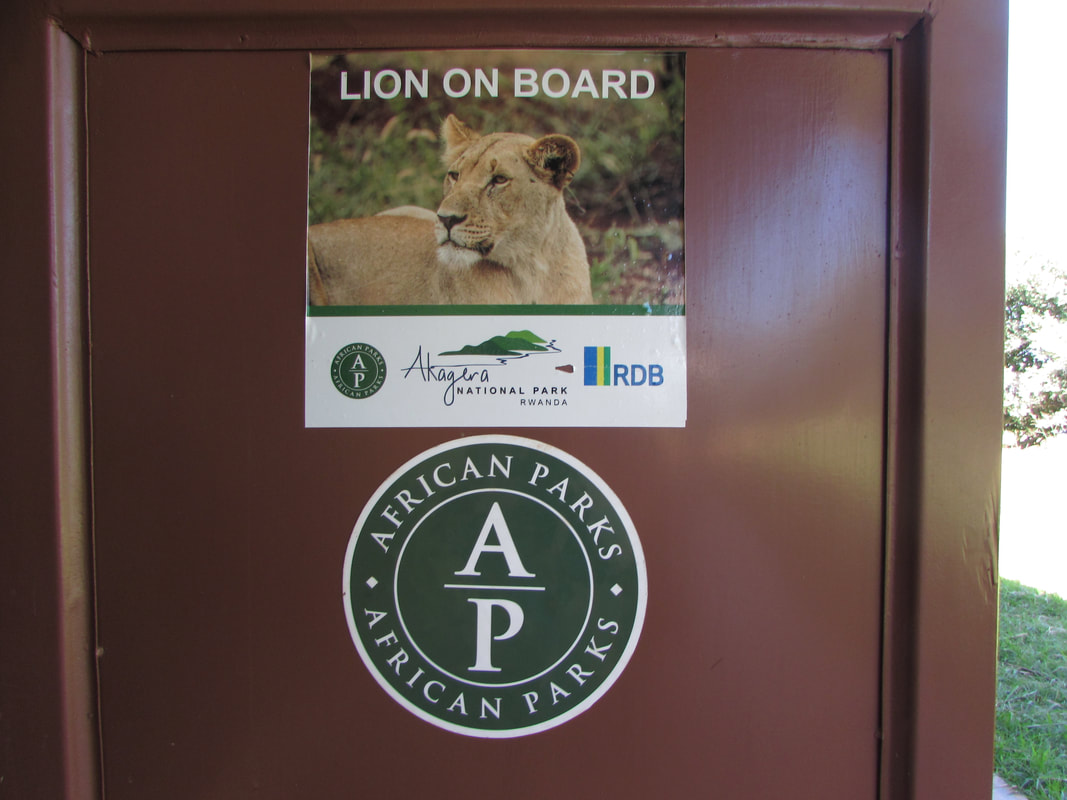
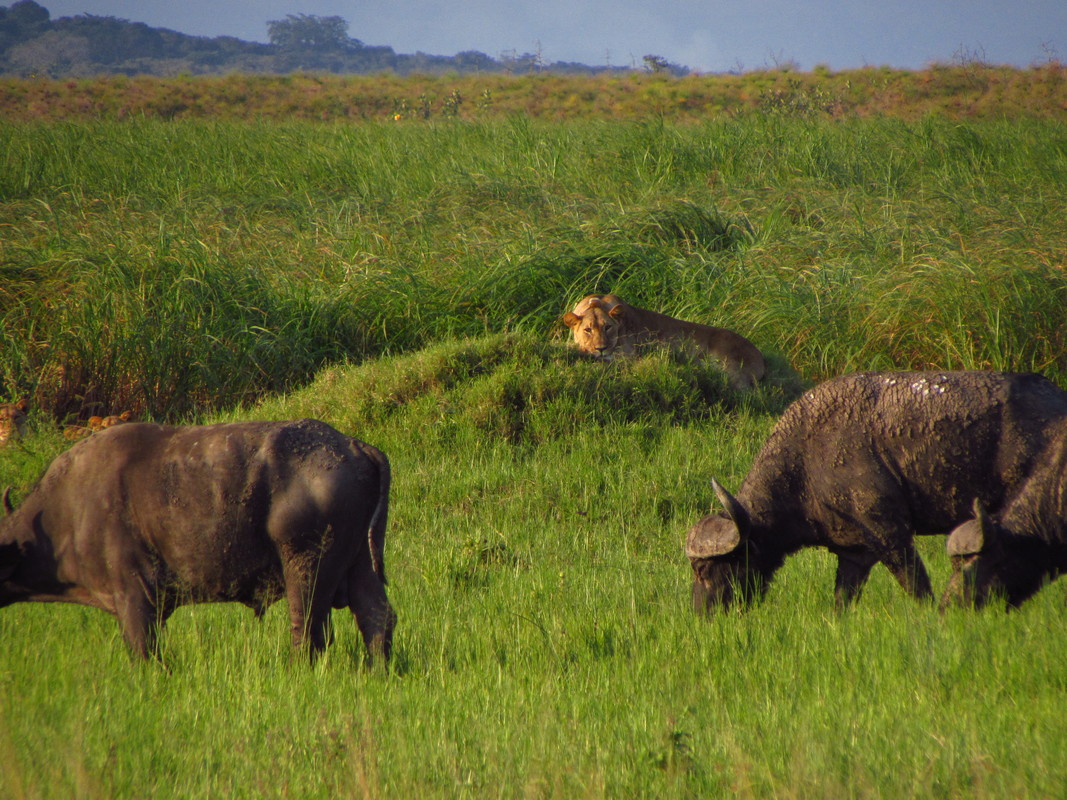
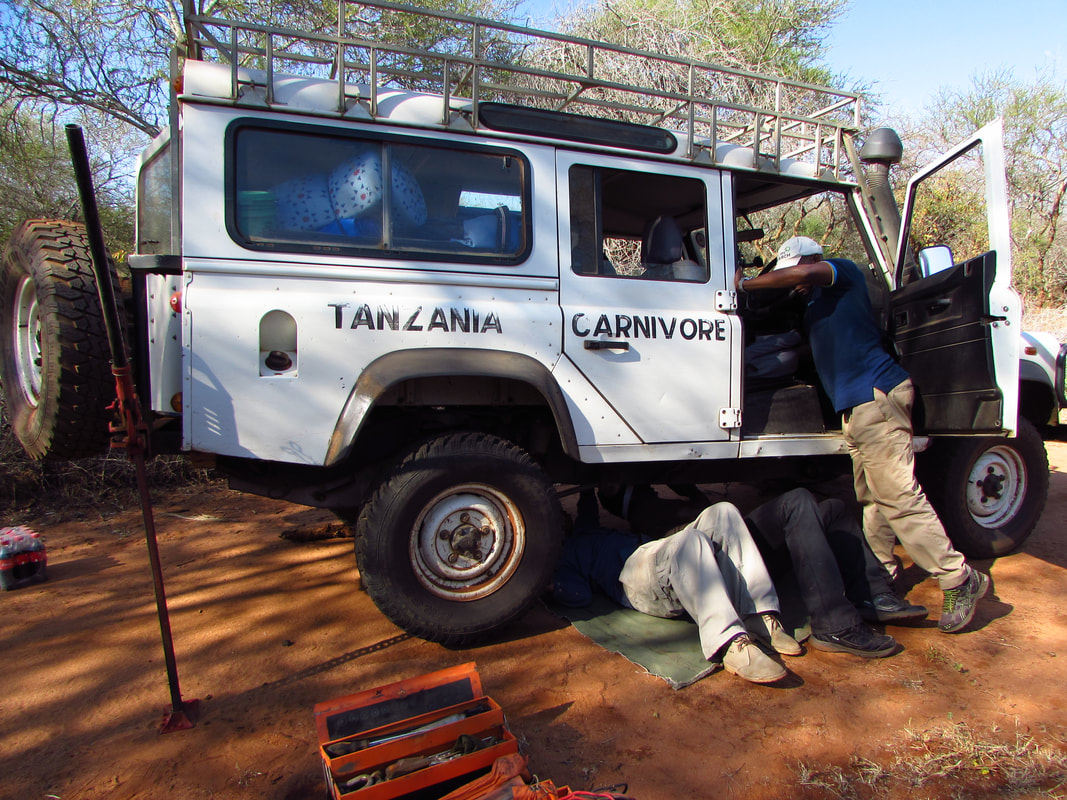
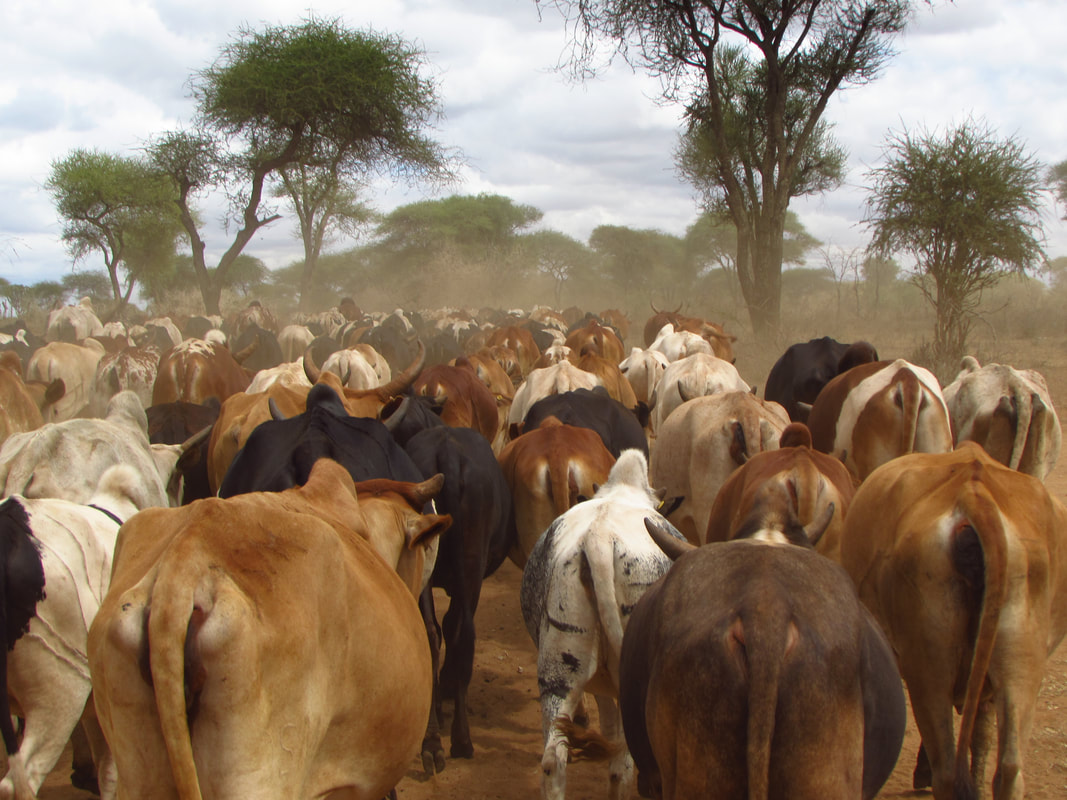
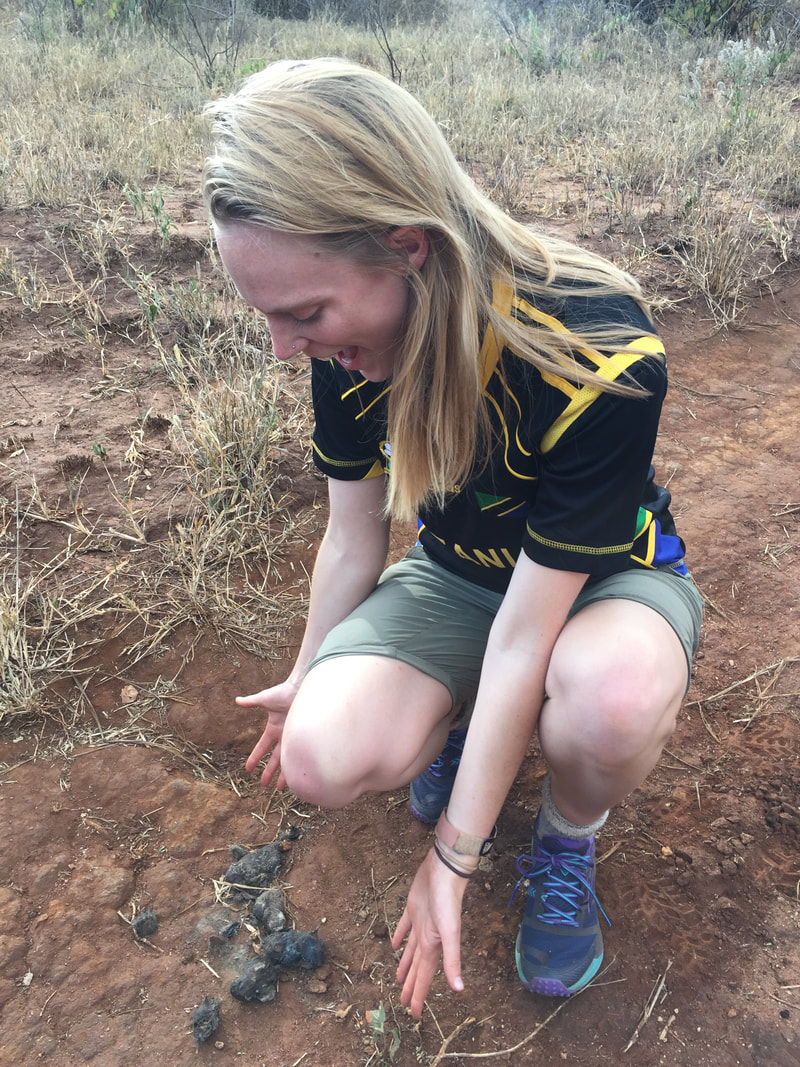
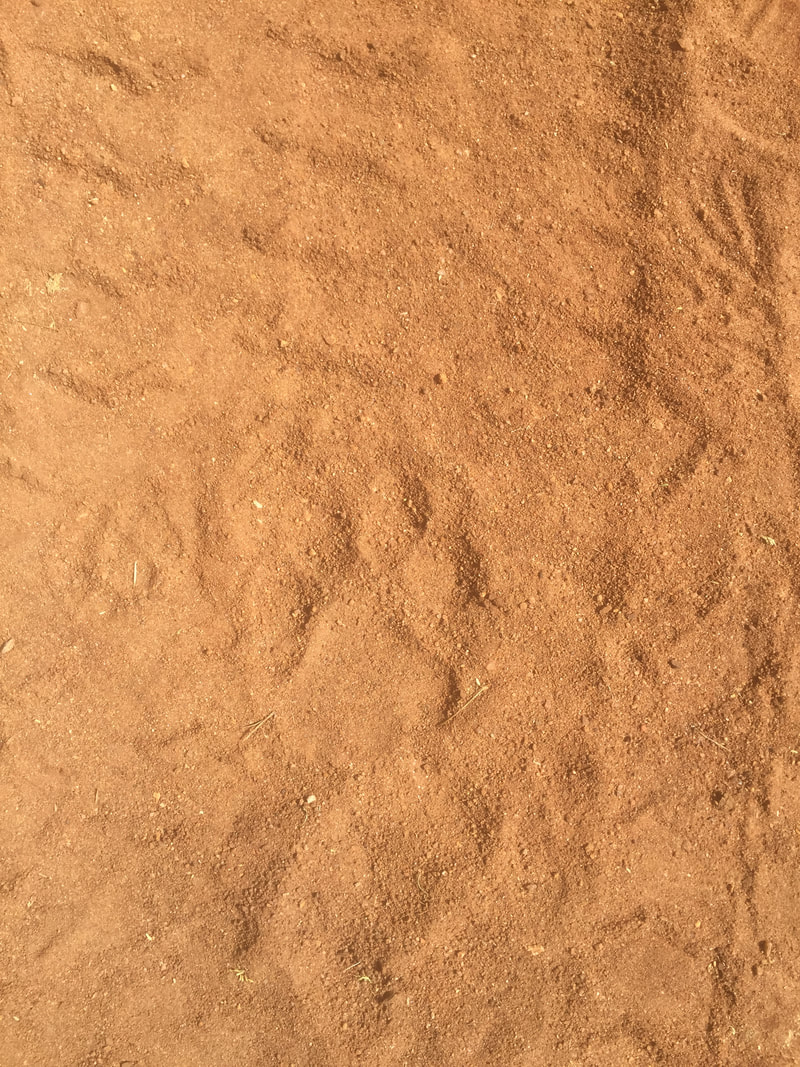
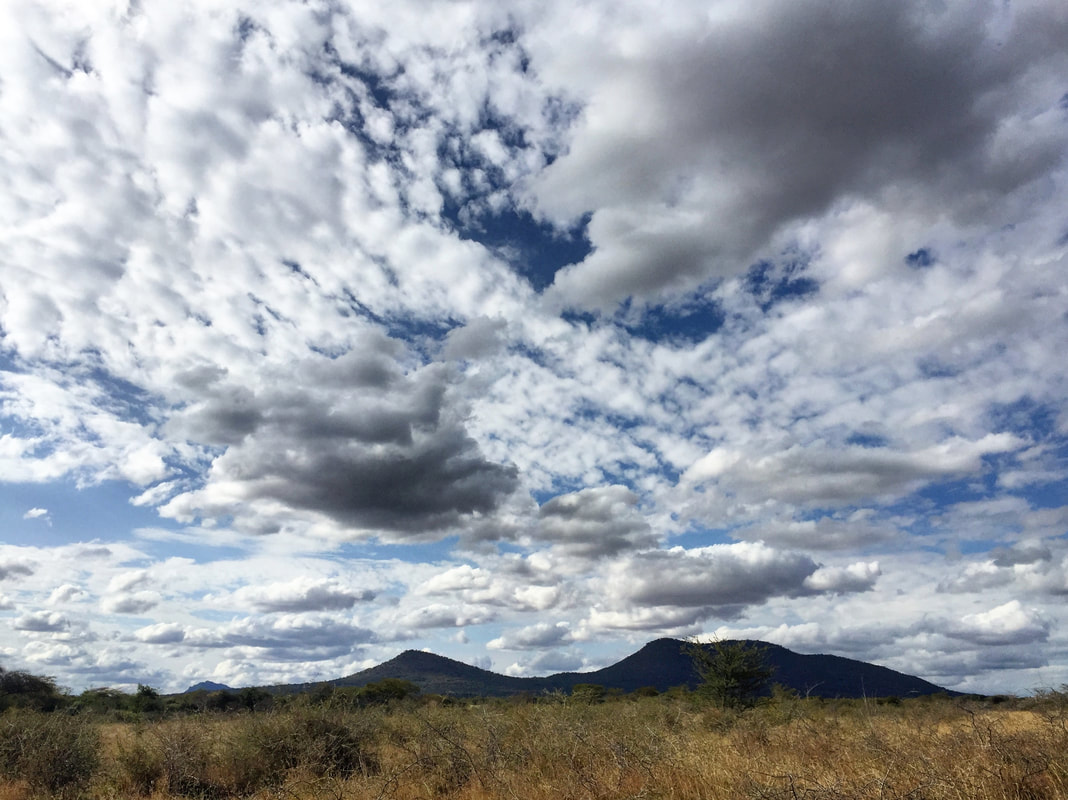
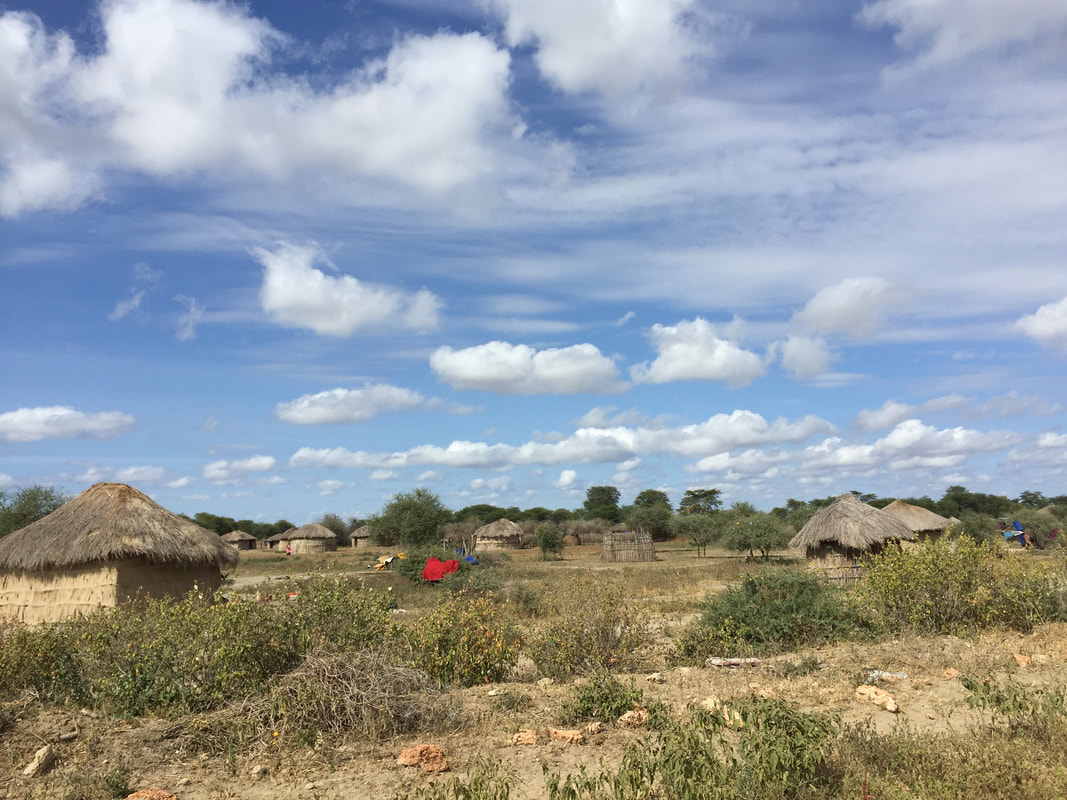
 RSS Feed
RSS Feed
